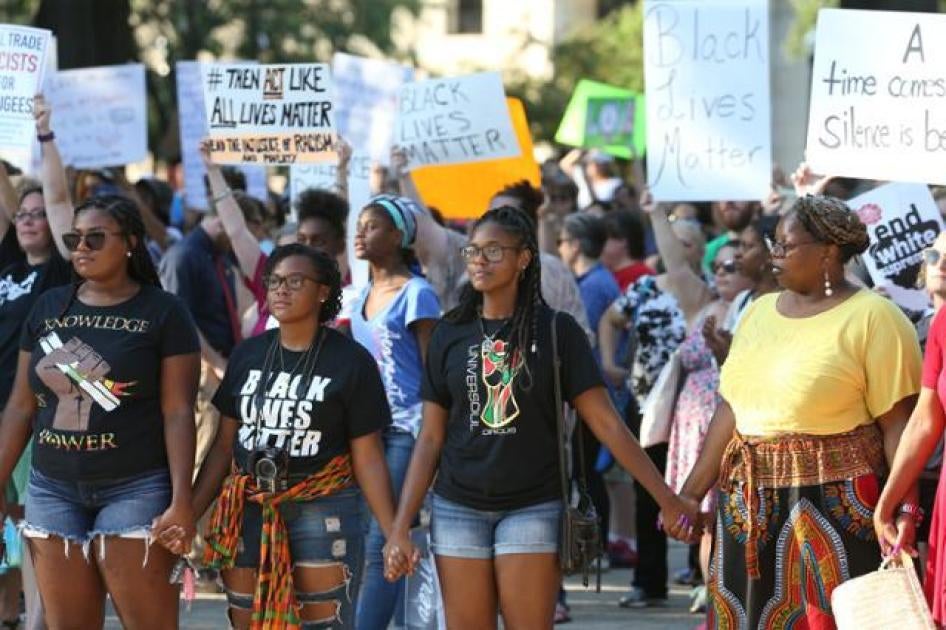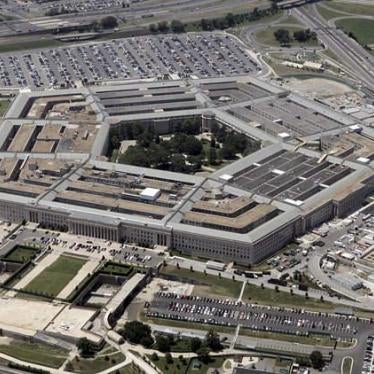The FBI recently released an “Intelligence Assessment” warning of likely premeditated, fatal attacks against law enforcement by so-called “Black Identity Extremists.”
The FBI defines these “extremists” as people responding to “perceived racism and injustice” with violence to create a separate black homeland or “autonomous black social institutions.” It also says that “mere advocacy of political or social positions, political activism, and use of strong rhetoric… may not constitute extremism.” The bureau’s use of the deliberately equivocal phrase “may not” is more than a little disturbing there.
While the FBI can and should act against people committing or threatening violence, they cite only six isolated violent incidents nationwide in which suspects claimed to be motivated by their “black identity.” The FBI’s definition, however, implies that peaceful activism could be treated as an indicator of violent extremism and raises the question: could law enforcement use this kind of a prism to justify the suppression of constitutionally protected free speech and activism?
These concerns aren’t entirely hypothetical – the FBI’s history is forever tainted by episodes where it used its powers repressively against nonviolent activists, especially black empowerment movements, including Dr. Martin Luther King, Jr. That history makes it impossible to read assessments like the one at issue here without remembering the spying, infiltration, and disruption of lawful civil rights activists through the FBI’s COINTELPRO program, and other politically motivated abuses of the past.
The assessment ties the supposed rise of black extremists to activism and the demands for police accountability following the 2014 killing of Michael Brown in Ferguson, Missouri. Those protests brought the Black Lives Matter movement to greater prominence.
As a candidate, US President Donald Trump referred to Black Lives Matter as having “ignited” violence against police, and promised his attorney general would investigate them. Among his first acts as president was to declare he would end the “dangerous anti-police atmosphere in America.” His administration has moved methodically to remove oversight on police departments, and he has rhetorically encouraged gratuitous violence by officers. It is not a stretch to fear he might use the FBI’s vast powers to attack opponents of unfettered police power.
Congress should closely monitor the FBI as it implements its recent “assessment,” making certain it is not using a few violent actors as an excuse to suppress lawful dissent. The US, states, and local jurisdictions should enact meaningful police reform to address the serious concerns expressed by groups like Black Lives Matter.









